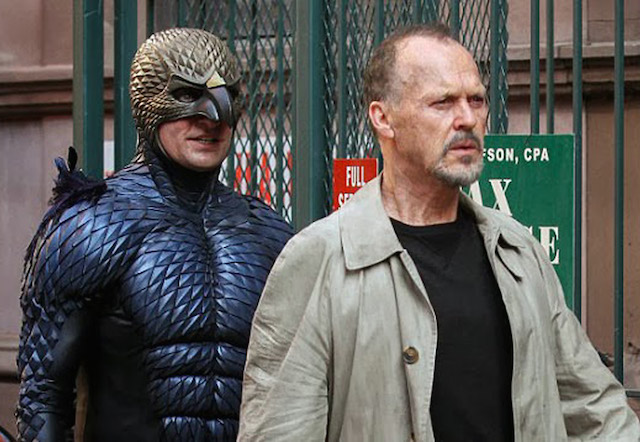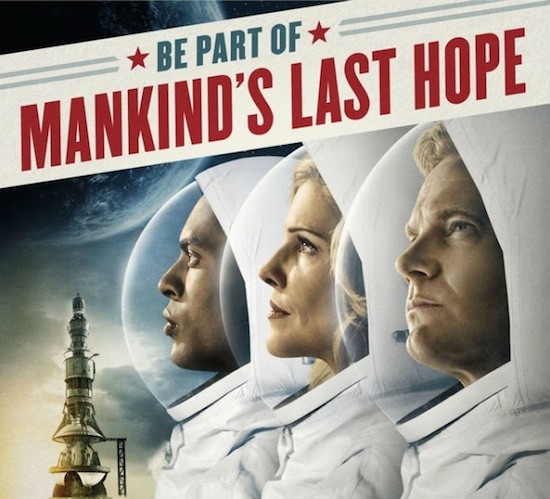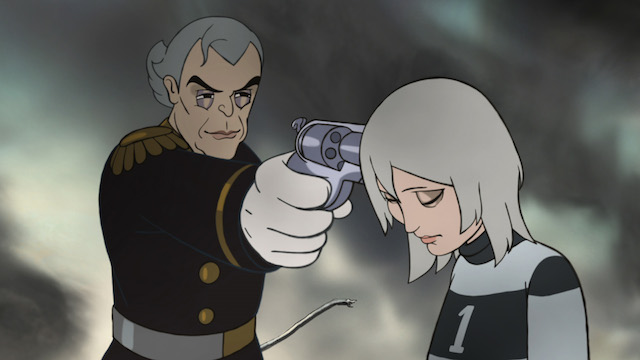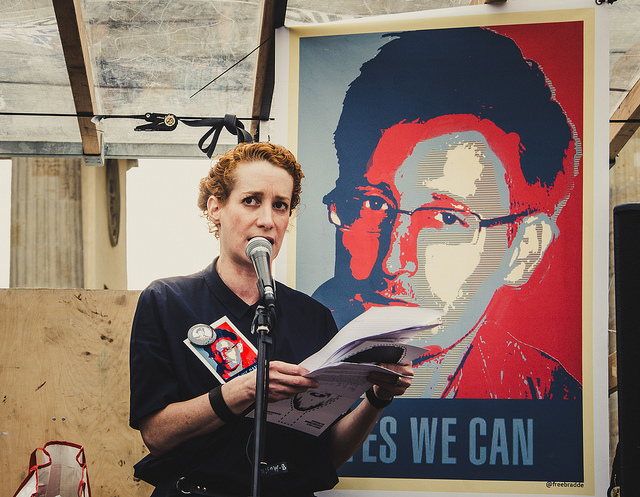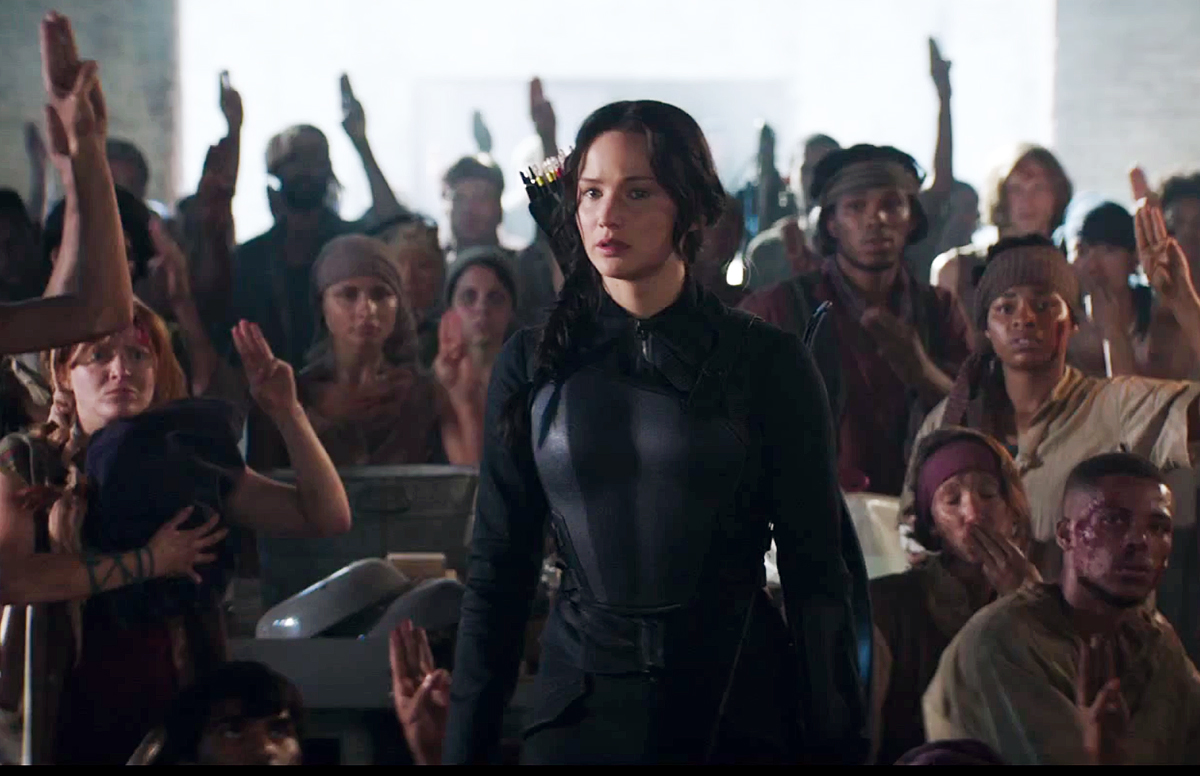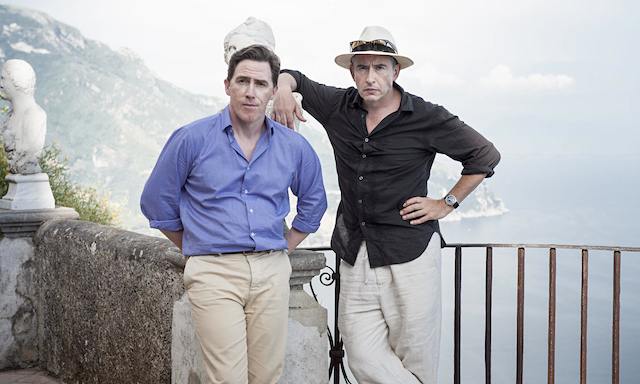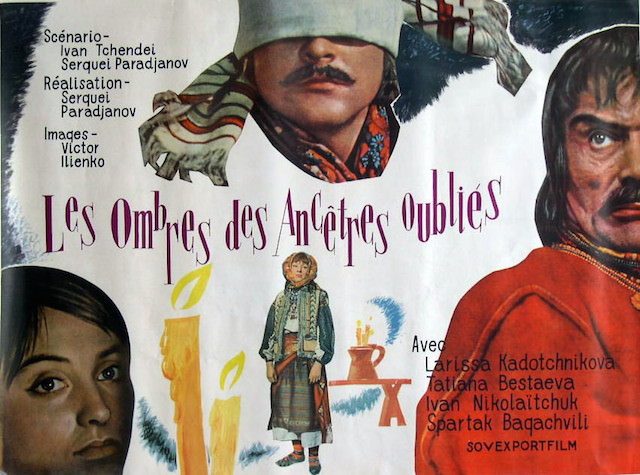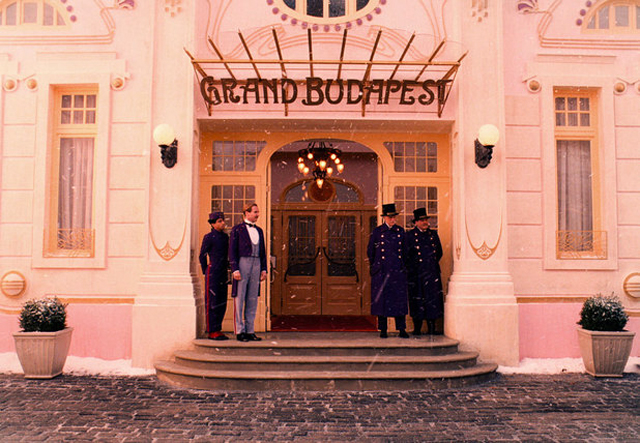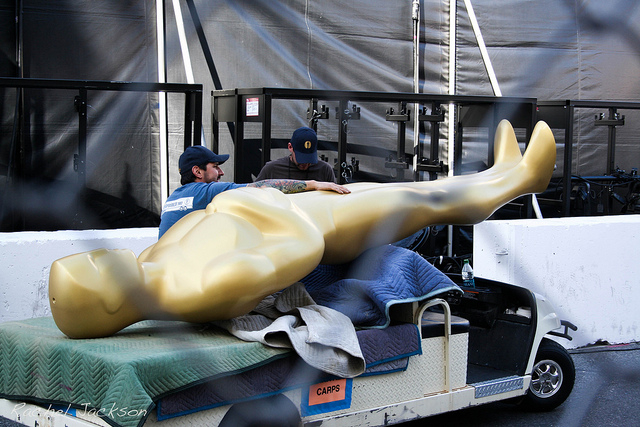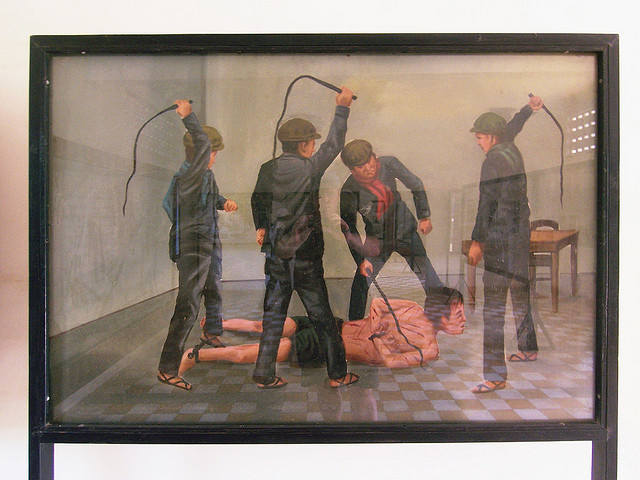In some circles, Inherent Vice was the most eagerly anticipated film of last year. Its director, Paul Thomas Anderson, has long been a favorite of cinephiles, both for the excellent performances he gets from actors and his delightfully retrograde insistence on shooting to film. But tackling the work of the legendary writer Thomas Pynchon added greatly to the hype. (More…)
Film
It’s ironic that the films receiving the most critical praise and attention right now are about, in varying degrees, the crisis of masculinity and the difficulties of being an (important) man. This isn’t to say these films are not good. (More…)
Science fiction has become obsessed with the idea of humanity abandoning Earth. It is not just movies like Interstellar, which was a smash hit this year. Audiences identify with the theme of resignation in the genre. (More…)
It’s increasingly difficult to write year-end surveys. They seem to come earlier and earlier each year, and are hardly special in a landscape of reportage made almost entirely of lists. A top ten of lists would almost be worth it, if not for the risk that such navel gazing would precipitate Internet implosion (or self-loathing). Moreover, there was a lot of cinema in 2014 that merits note. (More…)
If director Laura Poitras’s new film Citizenfour doesn’t make you paranoid, nothing will. By the time she has finished telling the story of Edward Snowden, how he meticulously plans to reveal the extremity of the post-9/11 surveillance state and then suffers the consequences once he sets the wheels in motion, you may be wondering whether privacy is even possible (More…)
After watching hours of CNN’s coverage of the unrest in Ferguson, I felt a desperate need to protest against the St. Louis County grand jury’s decision not to indict Officer Darren Wilson for the shooting of Mike Brown. But because there were no protests taking place nearby, I headed to a suburban theater to watch the latest installment in the Hunger Games franchise instead (More…)
For most people, the middle of life isn’t so much marked by crisis as by a general, if heightened, anxiety. As your body gradually succumbs to entropy and gravity, you realize that history has taken place, and you have barely participated. You weren’t Madonna, you never won Wimbledon, you didn’t stop global warming. (More…)
Given the current state of affairs in Ukraine, it’s hardly surprising that the Georgian-born Armenian filmmaker Sergei Parajanov should yet again court controversy from beyond the grave. (More…)
A seemingly endless pattern has developed. Somebody on my Facebook feed gives away a development from a television program, and another person complains. Then, the discussion starts about spoilers. It’s always the same arguments that prevent any meaningful exploration from taking place. (More…)
Wes Anderson’s latest picture Grand Budapest Hotel has been widely praised by critics for exposing more of the melancholy that has lined all of his ventures. With its allusions to the rise of fascism in the 1930s, and the fate of Eastern Europe’s smaller nations after both World Wars, the film definitely comes closer to delivering the sort of message many found lacking in his previous work. (More…)
In the comments section, there is nothing worse than the person who confesses to neither reading the piece, nor viewing/reading/listening to its subject before levying an opinion. And yet, that is what I am about to do. Because I did not watch the Academy Awards, and yet I have an opinion about them. (More…)
It wouldn’t surprise me if, at the close of 2014, L’Image Manquante/The Missing Picture (Rithy Prahn, 2013) remained the best film I’ve seen all year. Premiering at Cannes, where it received the Prix Un Certain Regard, and having screened at most of the major film festivals, the Cambodian documentary is on the shortlist of potential nominees for the Academy Award for Best Foreign Language Film. (More…)

